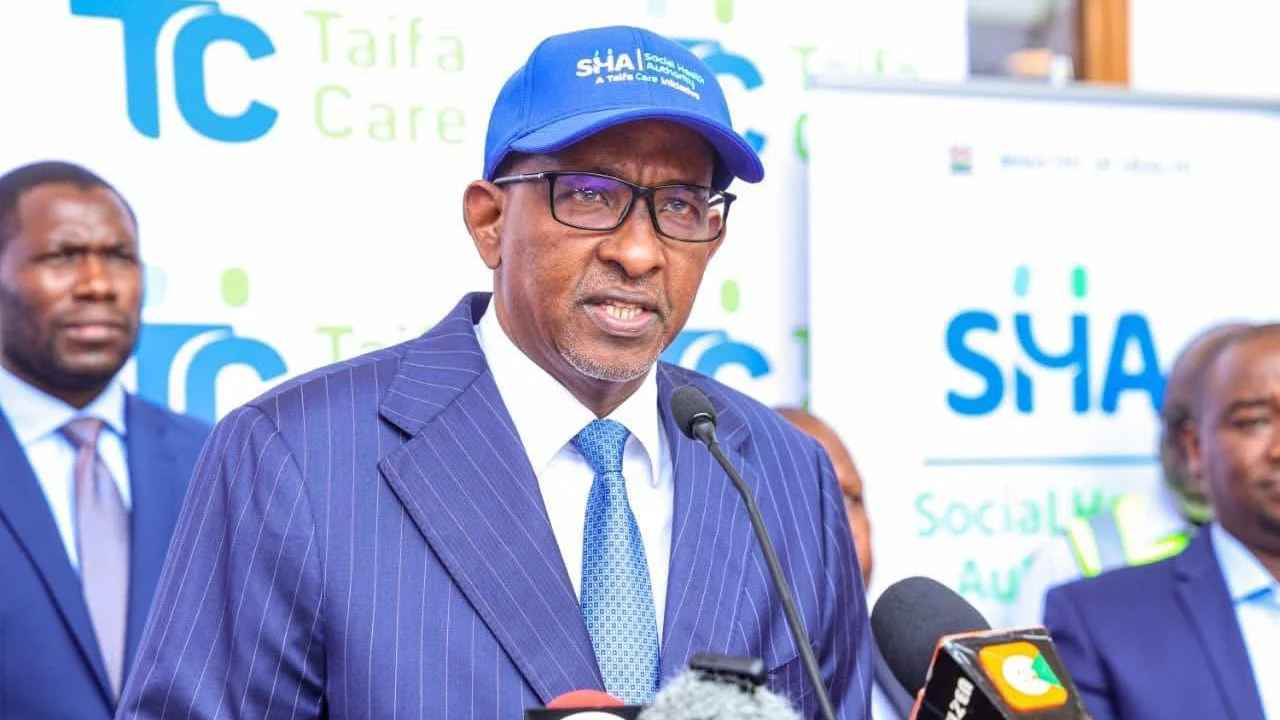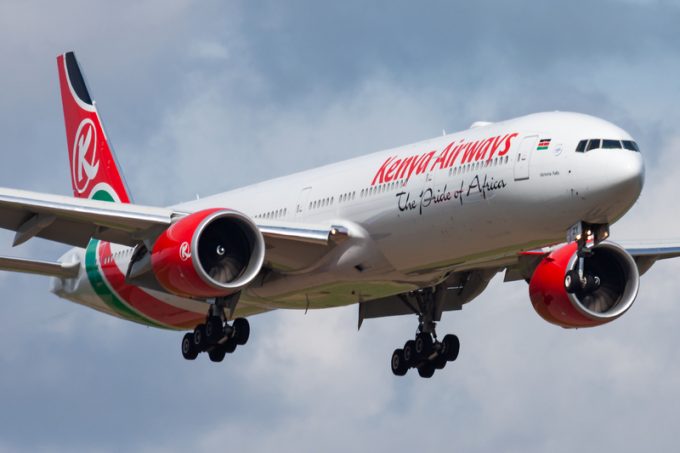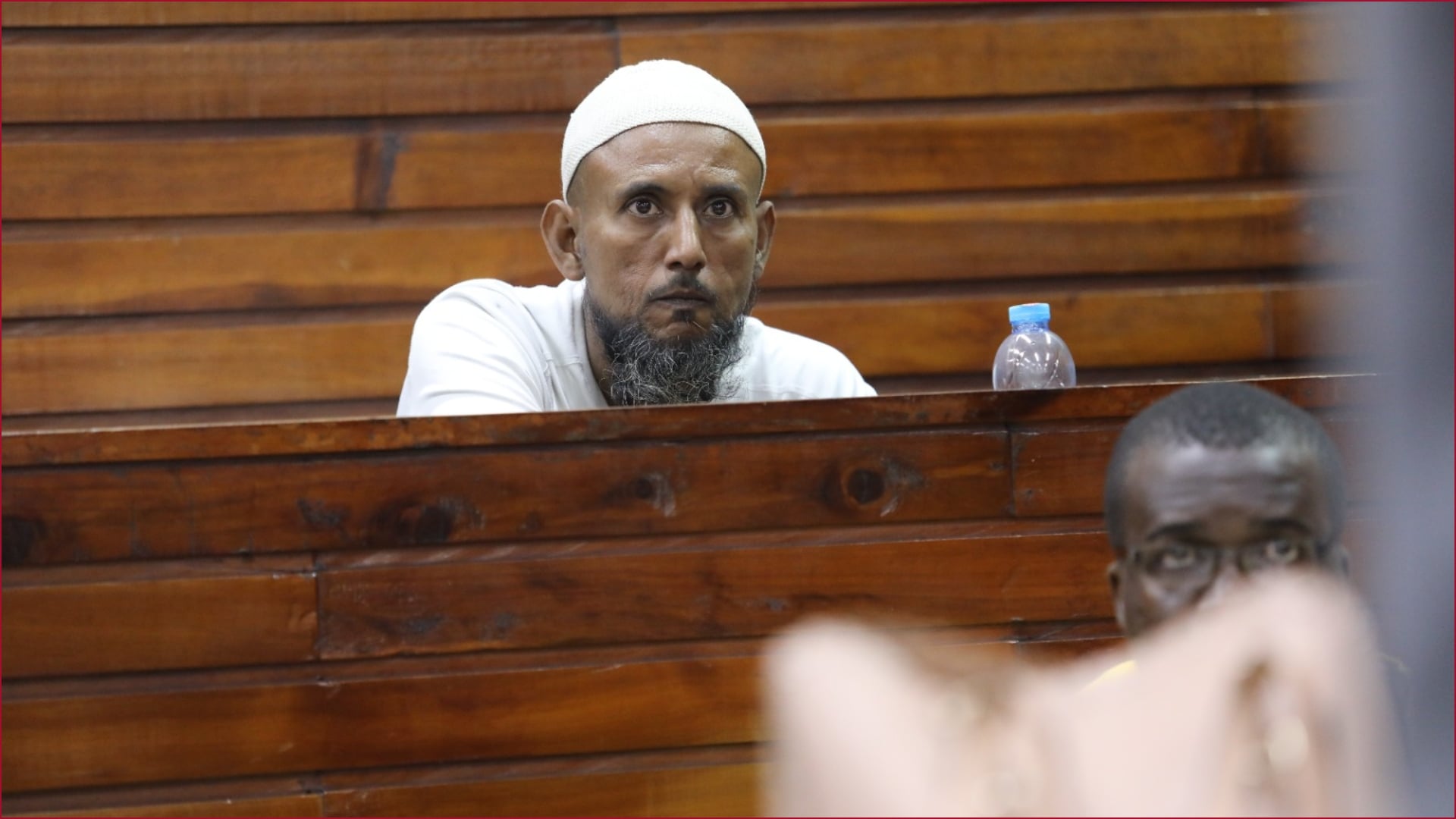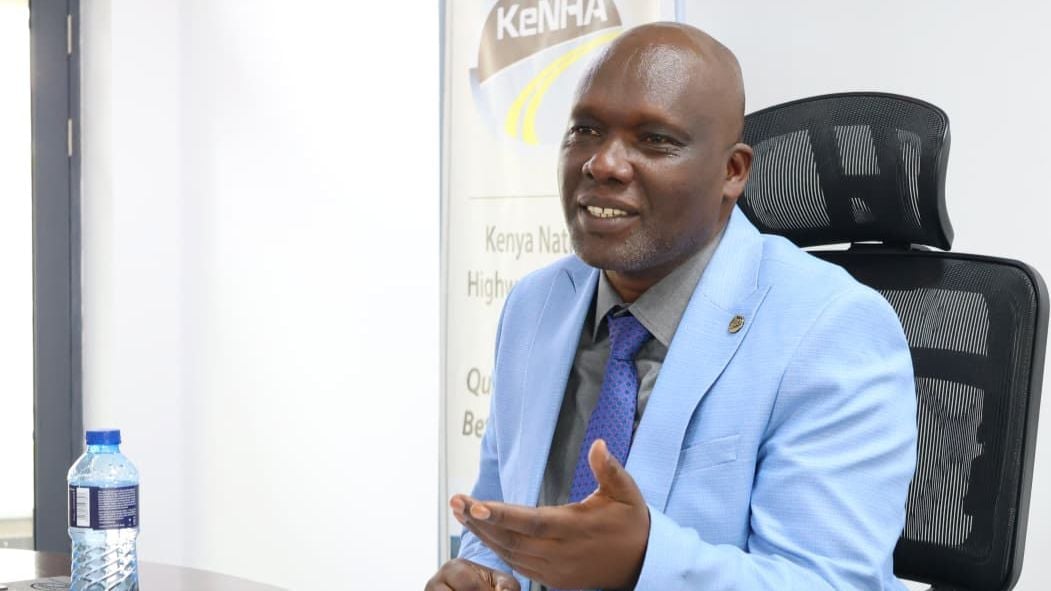Health Cabinet Secretary Aden Duale has issued a response following reports that the Social Health Authority (SHA) failed to honour a Ksh500,000 commitment towards the treatment of 10-month-old Chloe Agnes Nyang’au, who had been flown to India for a life-saving heart surgery.
The surgery, estimated at Ksh1.6 million, had attracted attention, with Kenyans of goodwill fundraising online to help the Nyang’au family take their baby abroad after SHA had initially pledged to contribute Ksh500,000.
But once in India, the family was reportedly informed that SHA would not release the funds.
In a statement on Thursday, August 7, Duale clarified that SHA operates under strict legal frameworks which differ from those used by the now-defunct National Hospital Insurance Fund (NHIF).
He went on to explain that SHA is only legally permitted to engage with specific healthcare providers who have formal agreements with the authority.
Read More
“Unlike the defunct NHIF, SHA's process for overseas treatment is guided by several legal frameworks, the SHI Act and Regulations, the Public Procurement Act and the Office of the Attorney General circulars on foreign contracts.
“The Social Health Insurance Act (SHI Act) mandates that SHA can only make payments to healthcare providers that are empaneled and have a contract with SHA,” he said.
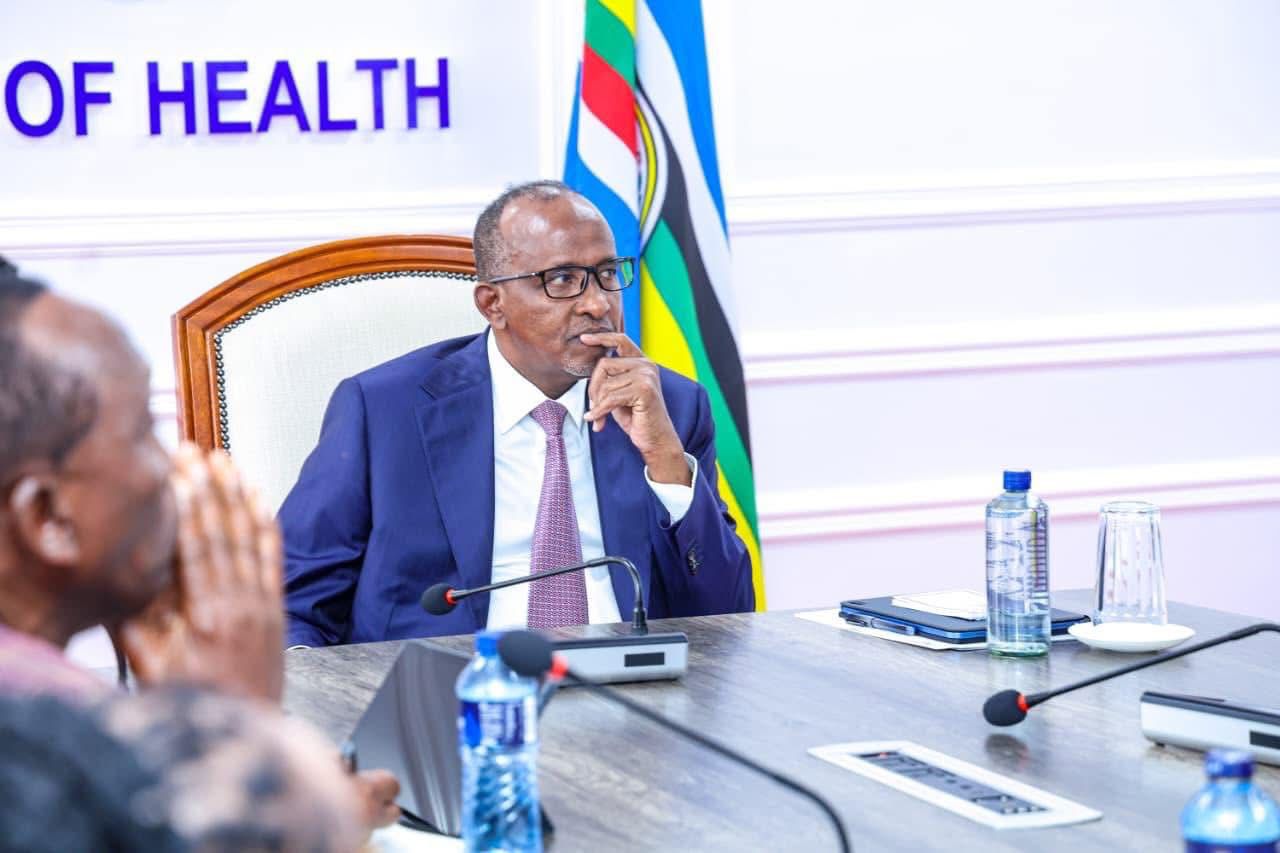
According to Duale, there are multiple conditions that must be met before a Kenyan patient can benefit from overseas treatment using SHA funds.
“For a beneficiary to access treatment outside Kenya, the treatment must be unavailable in Kenya, and the beneficiary's contributions must comply with the SHI Act. The treatment must also be provided by an SHA-contracted facility,” he added.
Further, Duale said the foreign health institutions must be properly accredited, and there must be a formal relationship with a Kenyan facility for post-treatment care.
He further noted that a list of healthcare services that can be accessed outside the country are yet to be gazetted.
“Overseas facilities must be accredited in their home country and recognized in Kenya. They must also be linked to an empaneled and contracted Kenyan health facility for follow-up care.
“The Benefits Package and Tariffs Advisory Panel (BPTAP) will annually generate a list of healthcare services that can be accessed outside of Kenya. Currently, a specific list of these services has not yet been gazetted,” he explained.
Duale added that SHA is working to streamline the procurement process for foreign contracts to comply with national procurement regulations.
“The preferred procurement method is open tendering, but SHA plans to seek approval for a 'Specially Permitted Procurement Procedure' from the National Treasury. The process will require a written justification, inclusion in the annual procurement plan, and preparation of tender documents to be submitted for approval,” he further said.
